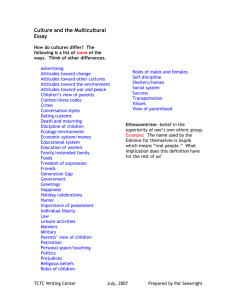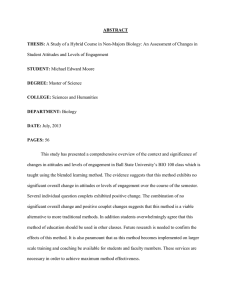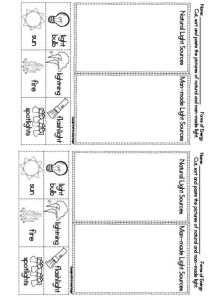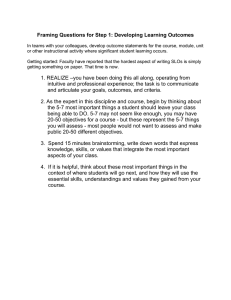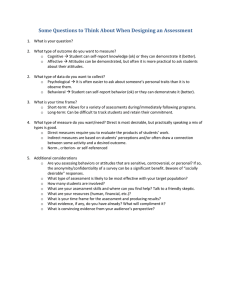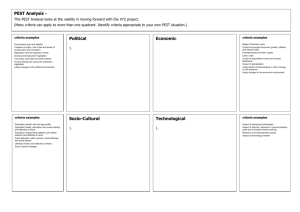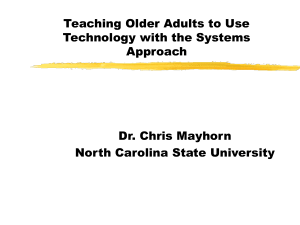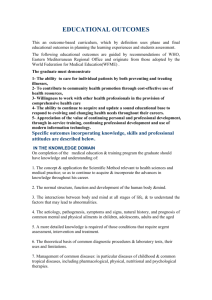Riddle Scale: Attitudes Towards Differences
advertisement
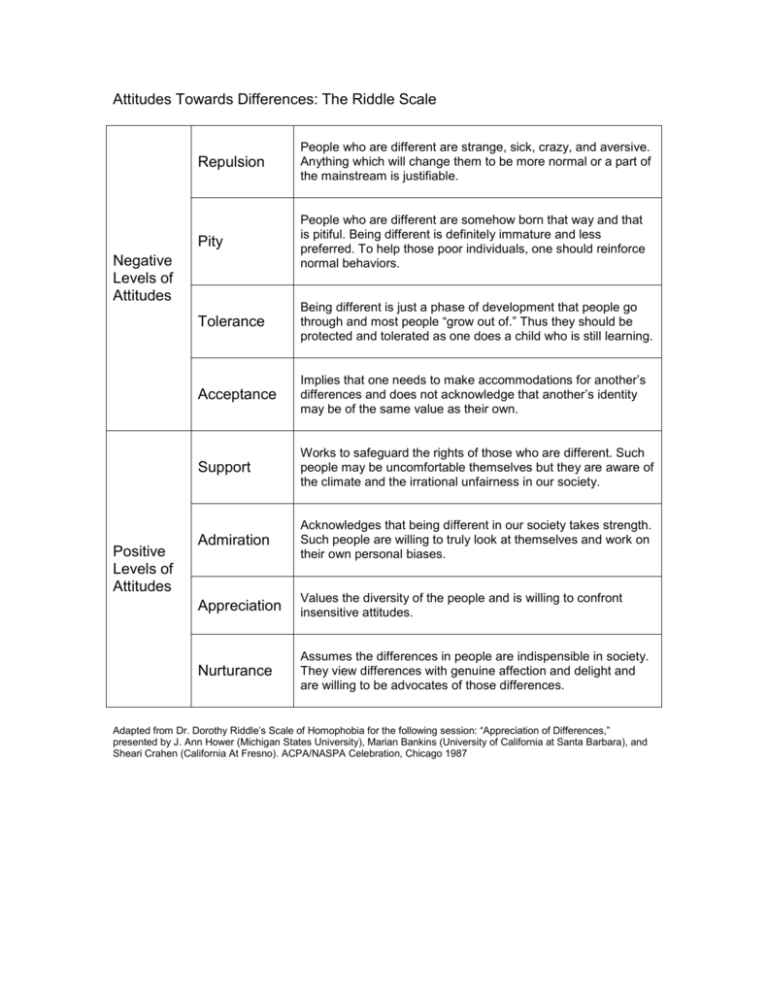
Attitudes Towards Differences: The Riddle Scale Repulsion People who are different are strange, sick, crazy, and aversive. Anything which will change them to be more normal or a part of the mainstream is justifiable. Pity People who are different are somehow born that way and that is pitiful. Being different is definitely immature and less preferred. To help those poor individuals, one should reinforce normal behaviors. Tolerance Being different is just a phase of development that people go through and most people “grow out of.” Thus they should be protected and tolerated as one does a child who is still learning. Acceptance Implies that one needs to make accommodations for another’s differences and does not acknowledge that another’s identity may be of the same value as their own. Support Works to safeguard the rights of those who are different. Such people may be uncomfortable themselves but they are aware of the climate and the irrational unfairness in our society. Admiration Acknowledges that being different in our society takes strength. Such people are willing to truly look at themselves and work on their own personal biases. Appreciation Values the diversity of the people and is willing to confront insensitive attitudes. Nurturance Assumes the differences in people are indispensible in society. They view differences with genuine affection and delight and are willing to be advocates of those differences. Negative Levels of Attitudes Positive Levels of Attitudes Adapted from Dr. Dorothy Riddle’s Scale of Homophobia for the following session: “Appreciation of Differences,” presented by J. Ann Hower (Michigan States University), Marian Bankins (University of California at Santa Barbara), and Sheari Crahen (California At Fresno). ACPA/NASPA Celebration, Chicago 1987


